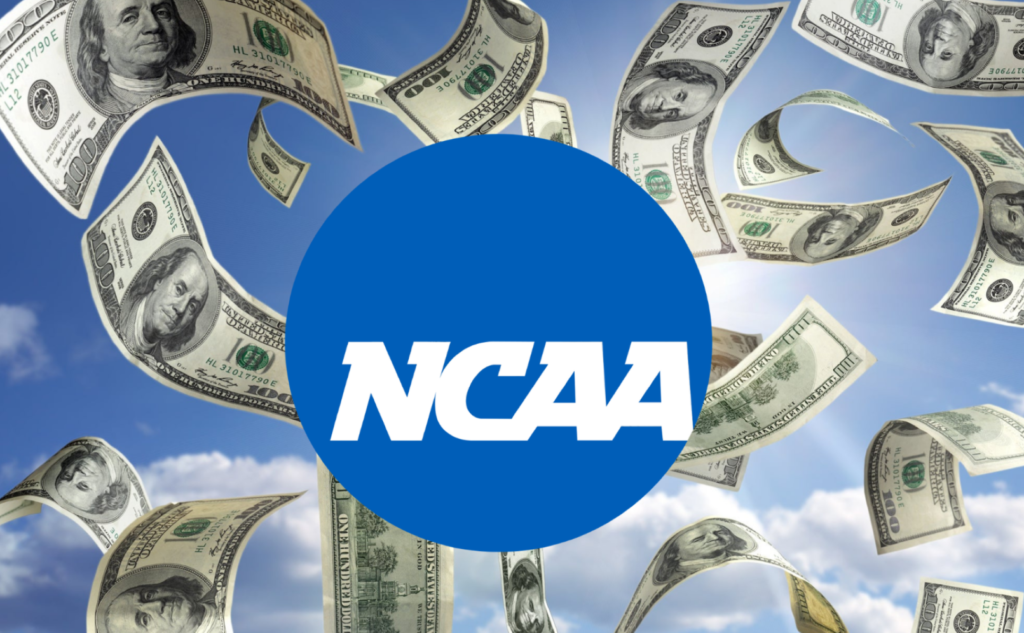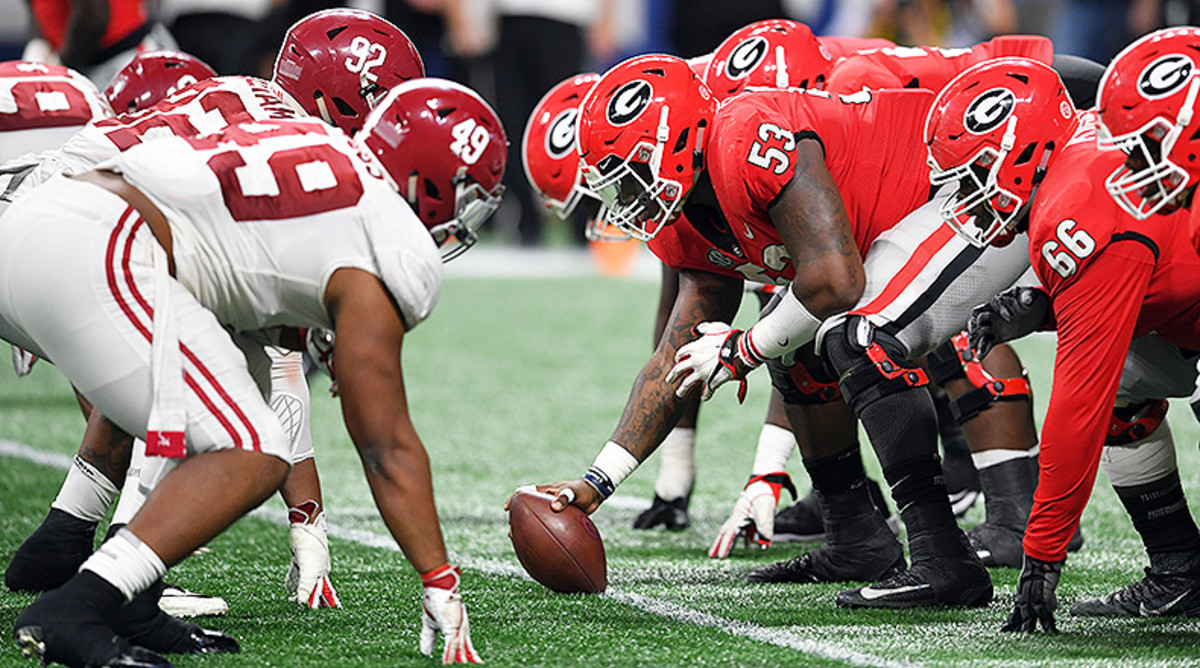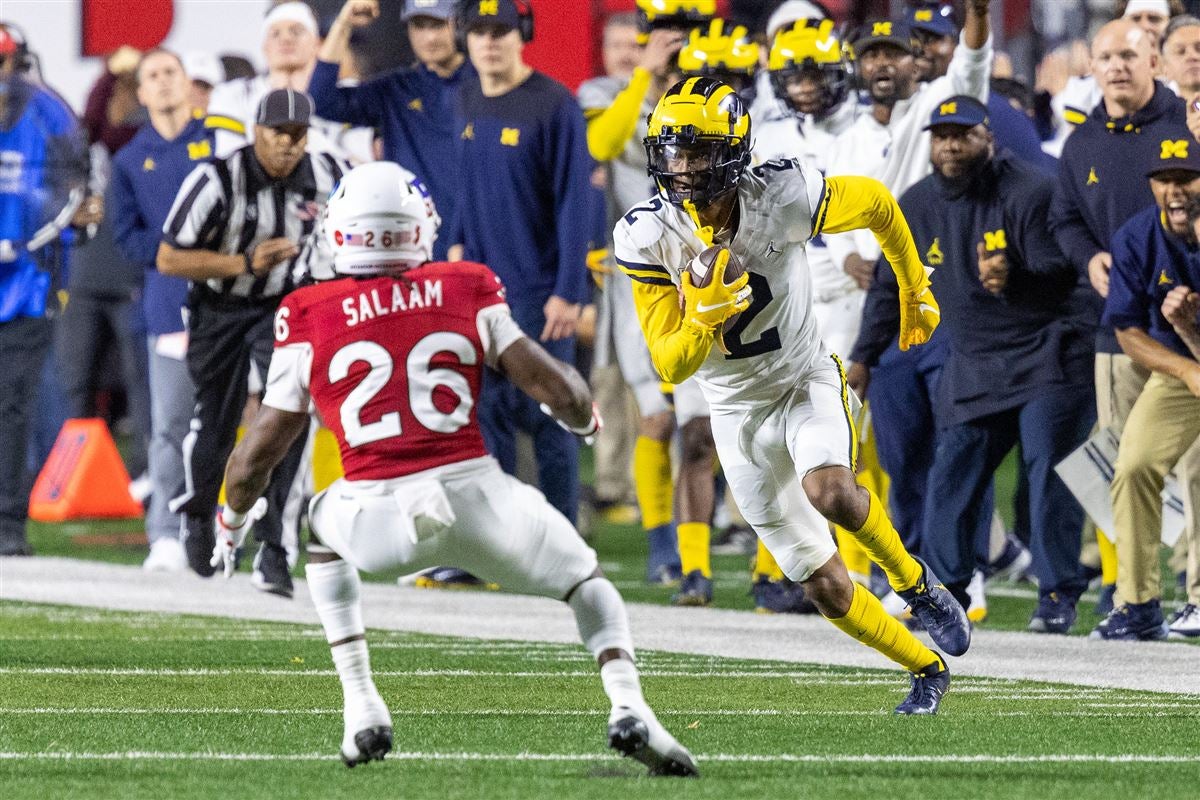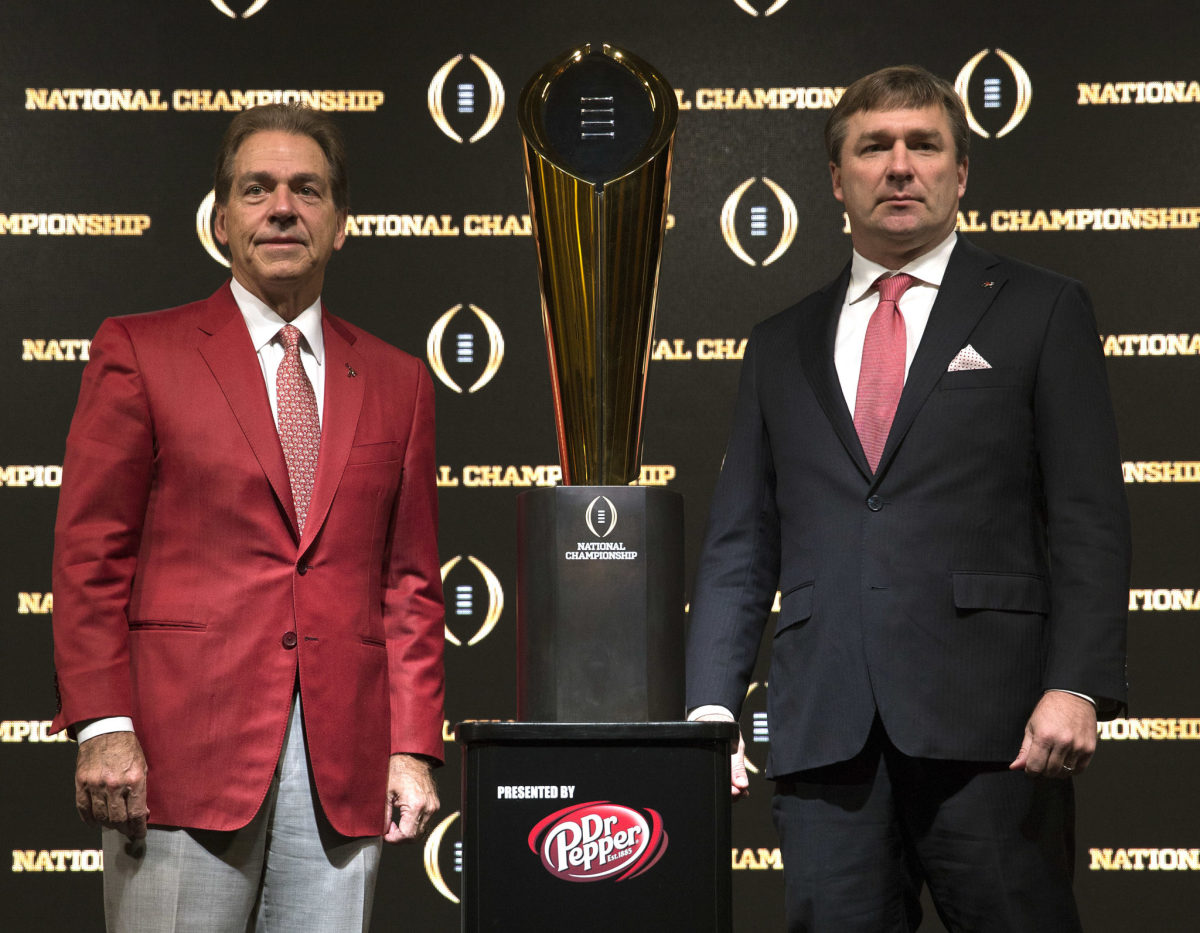NCAA Faces Lawsuit Over Name, Image, and Likeness Rules: What You Need to Know

Breaking News: NCAA Faces Lawsuit Over Name, Image, and Likeness Rules
A recent development in college football has brought more trouble for the NCAA. Attorneys general from Tennessee and Virginia have filed a federal lawsuit against the NCAA, claiming that the name, image, and likeness (NIL) rules violate antitrust laws.
The lawsuit, filed by Tennessee Attorney General Jonathan Skrmetti, argues that the NCAA's "shifting and opaque series of rules and guidelines" regarding NIL benefits infringes on the rights of student-athletes. Skrmetti's goal is to protect the rights of current and future Tennessee student-athletes from all corners of the state.
In the lawsuit, Skrmetti points to the ongoing investigation into the Tennessee Vols as an example of the NCAA's unlawful restriction of the NIL policy. Tennessee could face additional sanctions if found to be a repeat violator. The Vols were already charged with 18 Level 1 violations last summer and fined a record $8 million.
The current investigation into the Vols revolves around the activities of the Spyre Sports Group, the university's primary NIL collective. While football is at the center of the case, athletes from other sports are also sponsored by the Spyre Sports Group.
Tennessee chancellor Donde Plowman has denied the allegations and criticized the NCAA for its vague and contradictory memos and guidance on NIL. Plowman believes that the NCAA's lack of clarity has created chaos for student-athletes and institutions alike.
The lawsuit filed by Skrmetti aims to reduce the restrictions on how recruits negotiate NIL deals and communicate with schools about such opportunities. Skrmetti argues that student-athletes deserve clear and fair rules, and that only Congress should have the power to impose limits on NIL benefits.
This lawsuit adds to the ongoing conversation surrounding NIL and the future of college athletics. As the NCAA faces legal challenges, it remains to be seen how this will impact the landscape of college football and the rights of student-athletes.



